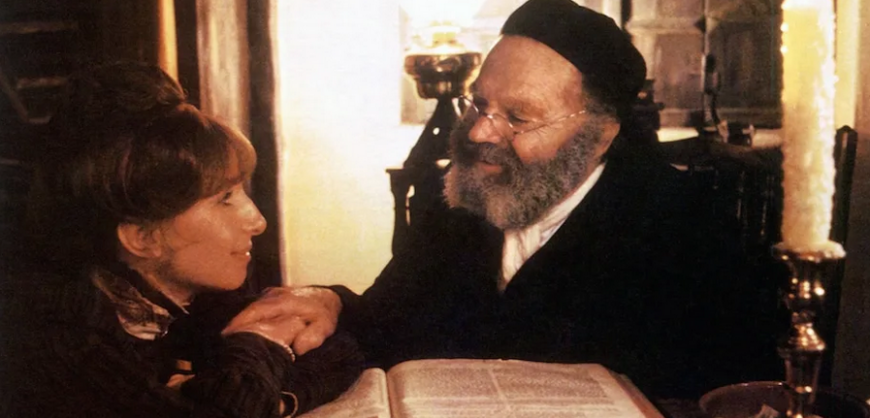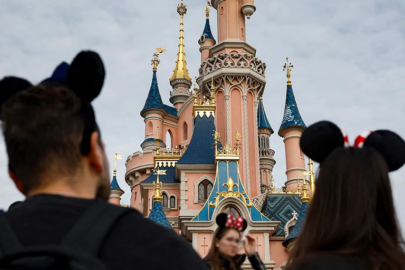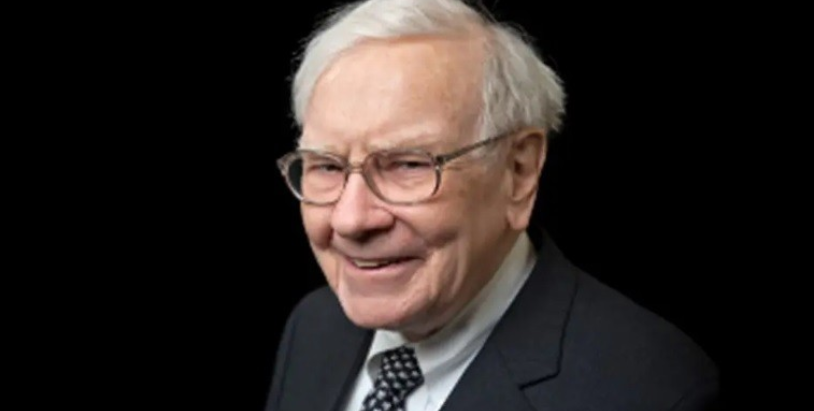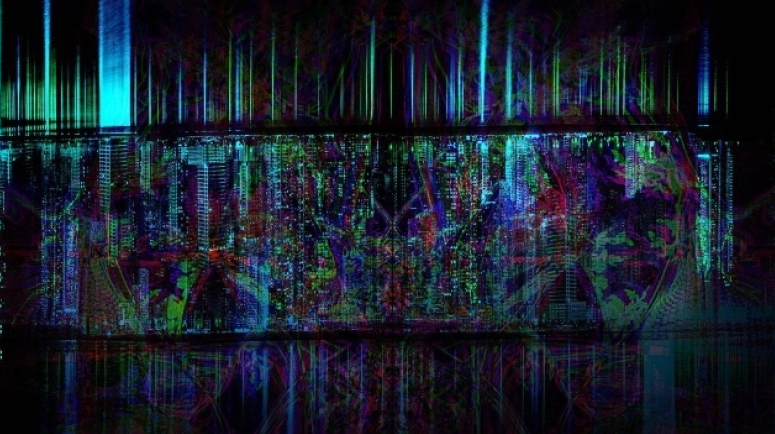Nehemiah Persoff, a late-blooming actor who built one of the busiest careers in Hollywood, playing rogues, ringleaders, revolutionaries and refugees – among other memorable portraits of sympathy and villainy – in more than 200 film and TV roles, died Tuesday at a care center in San Luis Obispo, Calif. He was 102.
The cause was congestive heart failure, said his son Jeff.
A self-described “tough kid from the streets,” Persoff grew up in Brooklyn during the Depression and was working as a subway electrician in the late 1930s when – having shaved his head for relief from the summer heat – he caught the attention of an off-Broadway producer looking to add “local color” to his production.
Persoff agreed to appear onstage and found the experience thrilling, an escape from his mundane existence. In 1948, after Army service in World War II, he became an early member of the Actors Studio, a workshop in New York founded by director Elia Kazan and other prominent figures in theater.
From that elite training ground, Persoff, already approaching 30, launched a prolific career in the early days of TV. With his stocky build, unnerving gaze, five o’clock shadow and tightly wound energy, Persoff specialized in portraying gangland figures, Wild West desperados, bellicose generalissimos and Cold War heavies.
Russian influencers destroy Chanel bags in protest against “Russophobia” (videos)
Trading his grimace for a warm smile on his broad, expressive face, he also played men of the cloth and workaday laborers in crisis. Like his Actors Studio classmate Eli Wallach, who was also Jewish, he was in constant demand to play ethnic characters including Egyptians, Moroccans, Greeks, Italians and Russians.
His TV career was so prodigious in the 1950s and ’60s that he frequently raced between sets for episodes of such shows as “Rawhide,” “Route 66” and “The United States Steel Hour” – switching wardrobes, hairpieces, prosthetic features, mannerisms and accents at a frantic pace. Although a jovial and peaceable presence off-screen, he was admired for his ability to tap into reservoirs of anger, especially when playing characters with a strong streak of rebelliousness against authority.
Read more: yahoo





































